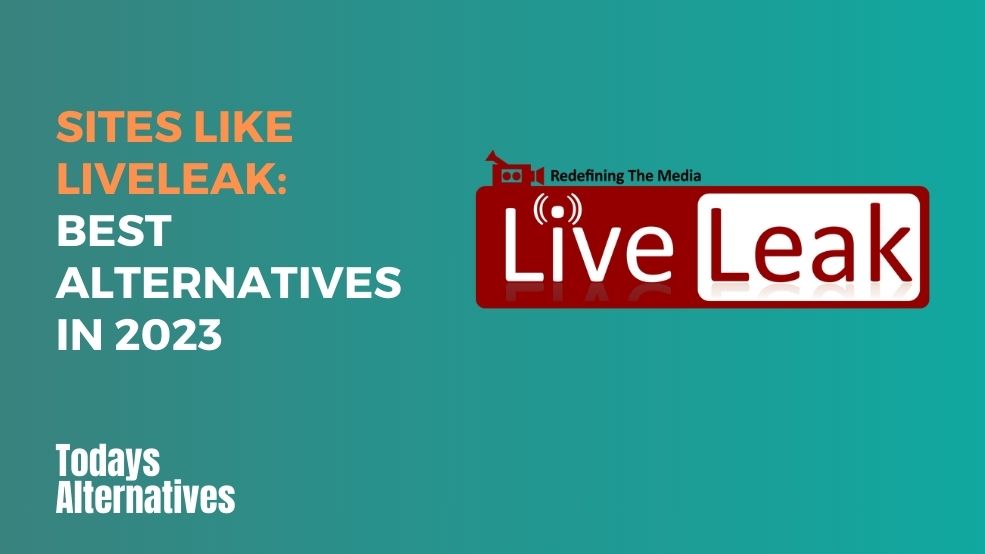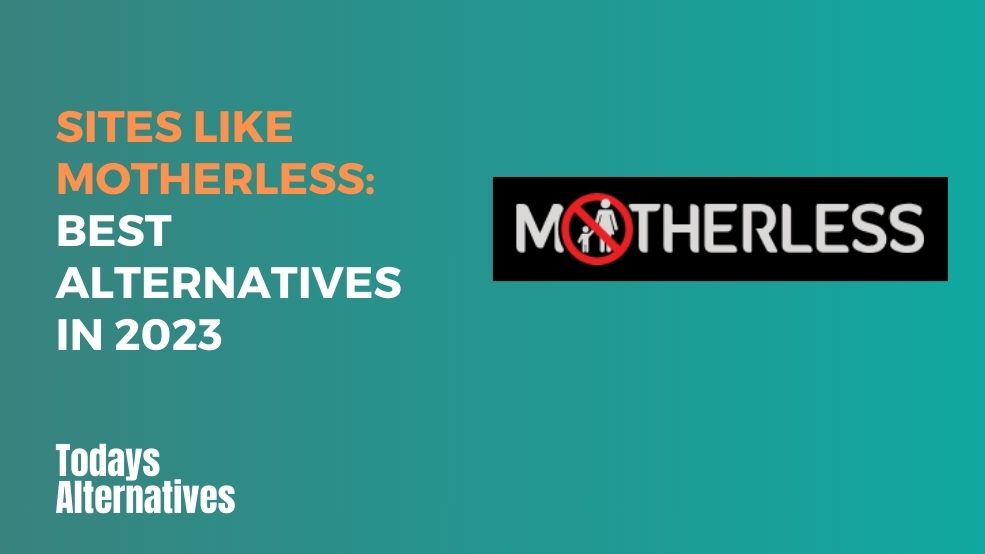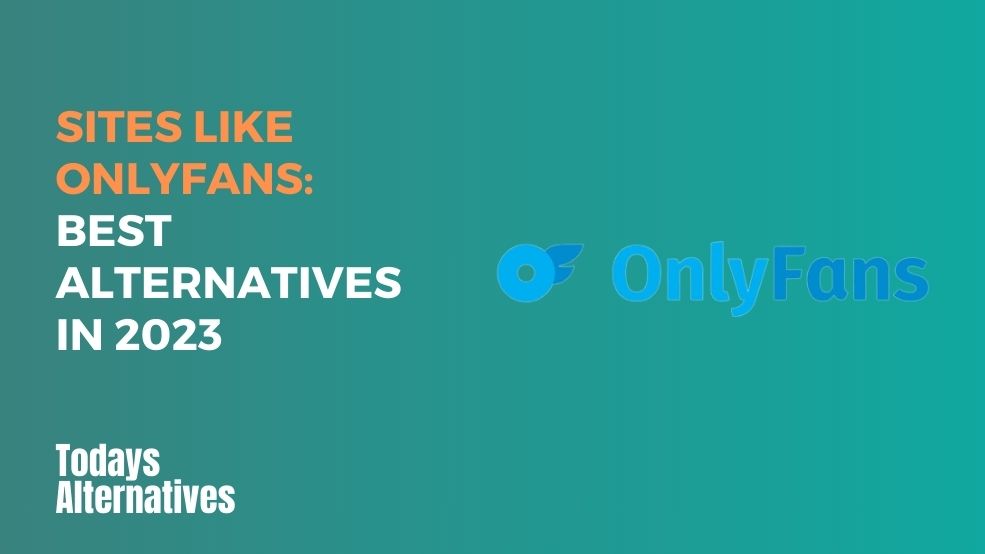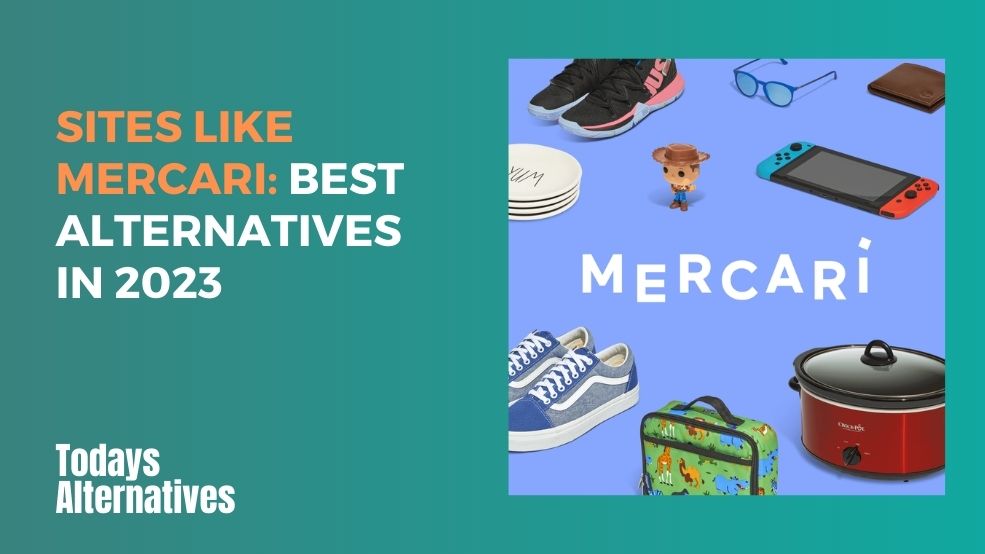
With the rise of the sharing economy, more people are turning to peer-to-peer e-commerce platforms to buy and sell used items. One popular service is Mercari, which connects individual sellers with buyers looking for good deals on everything from clothing to electronics.
However, Mercari isn’t the only option out there. In this guide, we’ll explore the top 5 Mercari alternative sites and apps that allow you to conveniently buy and sell used goods locally.
What is Mercari and Why Customers Choose It?
Mercari is a peer-to-peer e-commerce marketplace launched in 2013 and headquartered in Tokyo, Japan. The mobile-focused platform allows users to easily list and sell unwanted items such as clothing, electronics, toys, and more to buyers nearby. As of 2022, Mercari had over 20 million users in the U.S. and facilitated over 100 million transactions since its launch.
Key features that make Mercari a popular choice include:
- Mobile-first interface optimized for iOS and Android
- Hassle-free listing with quick photo uploads
- Local sellers with affordable secondhand goods
- Secure payments handled directly through the app
- Nationwide shipping or local meetups available
Mercari’s unique selling points that drive customer adoption:
- Low selling fees starting at just 10%
- Fast selling with over 1 billion listings per year
- Simple pricing with promoted fixed-price listings
- Effective search and discovery tools
- Strong buyer and seller protections
- Effective community moderation and support
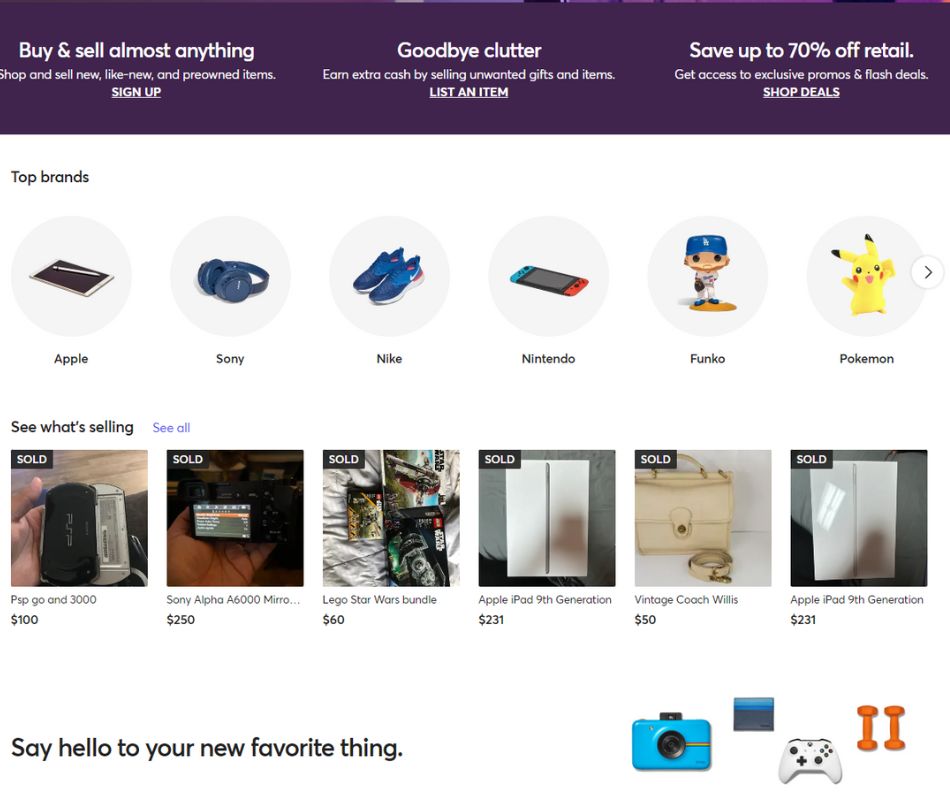
Why To Look For Mercari Alternatives?
Although Mercari dominates the mobile peer-to-peer resale space, there are still compelling reasons buyers and sellers may want to consider Mercari alternative sites.
Top 5 reasons to find Mercari alternatives include:
- High selling fees up to 20% on high-price items over $100
- Limited to smaller, portable items making it hard to sell large electronics
- Heavily skewed towards clothing and accessories, lacking listings in other categories
- Strict rules and monitoring algorithms prone to erroneous account suspensions
- Designed as a national marketplace lacking hyperlocal buying/selling options
While Mercari works for many, the cons above illustrate why certain buyers and sellers may desire alternatives that compete on pricing, item categories, account security, and local conveniences.
TOP 5 Sites Exactly Like Mercari
Looking closely at Mercari’s pros and cons helps identify the key criteria for viable competitors in the mobile peer-to-peer resale space.
The top 5 sites like Mercari include:
- eBay – One of the largest online auction and shopping sites with over 180 million buyers globally.
- Poshmark – A social shopping app popular for selling new and used clothing, shoes and accessories.
- Depop – An app with a boutique vibe focused on unique vintage fashion and streetwear.
- OfferUp – A local marketplace to buy and sell items through the app in your neighborhood.
- letgo – Another hyperlocal app to easily find and sell used goods and merchandise locally.
Below we’ll explore each Mercari alternative in-depth highlighting their key features, strengths and weaknesses.
eBay
As one of the first and largest person-to-person marketplaces online, eBay is likely the most prominent competitor to Mercari in terms of size and popularity. Founded in 1995, eBay connects a diverse global community of buyers and sellers through auction-style and fixed price listings.
Key features of eBay include:
- Massive marketplace with 1.5 billion live listings and over 180 million active buyers worldwide
- Wide selection from numerous categories including autos, real estate, electronics, fashion, collectibles and more
- Fixed price and traditional auction-style listings available
- Advanced selling features for high-volume sellers and dropshipping
- Secure global payments processed directly through the platform
Competitive advantages over Mercari:
- Lower selling fees, as low as 4% for top-rated high volume sellers
- Ability to sell high-ticket items like cars and real estate
- More exposure with massive worldwide user base
- Popular platform familiar to most buyers and sellers
However, there are some potential downsides for buyers and sellers:
- Caters more to serious sellers versus casual marketplace like Mercari
- Website experience isn’t as mobile-optimized as a dedicated app
- Lacks simplicity and convenience of quick listings like Mercari
- Not focused specifically on local buyers and sellers
Overall, eBay offers lower fees, higher reach, and options for premium sellers. Casual sellers may still prefer the mobile-first simplicity of Mercari, but eBay provides a proven marketplace for established resellers.
Poshmark
Poshmark is a highly popular social commerce app launched in 2011, focused on buying and selling new and used fashion items including clothing, shoes, accessories and more.
Key aspects that make Poshmark a leading Mercari alternative include:
- Mobile-first interface and transactional experience
- Strong social features with follower counts and sharing of listings
- Caters to female users with focus on clothing, handbags, jewelry
- Curated shopping experience with boutique-style home feeds
- Fixed pricing model with sellers keeping 80% of sale price
Competitive advantages over Mercari:
- Lower 8% selling fee for purchases $15-$500
- Additional income streams like Poshmark’s Ambassador Program
- Stronger specialization in women’s fast fashion resale
- More ways for sellers to get exposure and build a brand
Limitations compared to Mercari:
Poshmark still lacks the breadth of inventory and categories on Mercari. And its social focus results in ineffective search and discovery. But for casual sellers of affordable fast fashion, the lower fees and branding opportunities give it an edge.
Ideal Poshmark users are female sellers of trendy mainstream brands and social buyers wanting a personalized shopping experience. The boutique-style curation and interactions make it stand out as a Mercari alternative.
Depop
Depop is a rising social shopping app mainly targeting Gen Z consumers buying and selling unique streetwear, vintage, and one-of-a-kind items.
Key components of Depop’s platform:
- Mobile-only interface with Instagram-like browsing experience
- Youthful demographic with 90% of users under the age of 26
- Niche focus on resale of hip, quirky fashion and collectibles
- Seamless cross-posting of listings to other networks
- Fixed pricing model with 10% seller fees
Competitive perks over Mercari:
- Lower 10% seller fees on all transactions
- Allowance for shoppable Instagram-like seller profiles
- Caters to niche youth fashion tastes lacking on Mercari
- Greater potential to build personal brand identity
Limitations compared to Mercari:
- Far smaller user base at just 27 million users
- Lacks breadth of general merchandise outside of apparel
- Quirky indie style alienates mainstream shoppers
- Weaker seller tools and support resources
Depop shines for Gen Z sellers of unique streetwear and vintage items. Its mix of ecommerce and social interaction creates an engaging experience that provides a distinct alternative to Mercari.
OfferUp
OfferUp, founded in 2011, connects local buyers and sellers through its mobile marketplace app listing goods and services available nearby.
OfferUp’s unique proposition includes:
- Location-based listings from local sellers in your vicinity
- Meetup and local pickup options facilitated through the app
- Listings encompass virtually every category imaginable
- Intuitive mobile UI with built-in messaging
- Free for buyers with minimal fees for sellers
Competitive advantages over Mercari:
- Completely free for buyers with no listing or transaction fees
- Broad listings from local sellers for large items and services
- Ability to inspect items and meet sellers conveniently
- Avoid hassles and costs associated with shipping
Drawbacks compared to Mercari:
- Smaller user base concentrated in urban metro areas
- Fewer seller protections and moderation compared to Mercari
- Lacking in seller tools, analytics, promotions features
OfferUp excels at local buying and selling of bulky or customized items where meeting face-to-face is beneficial. Its local focus and free model make it a top Mercari alternative for urban users buying and selling goods nearby.
letgo
letgo is another major mobile marketplace app which launched in 2015 focused on local peer-to-peer transactions.
Core letgo features:
- Local listings from sellers in your city or neighborhood
- Intuitive browsing by location with good photos
- Fast listing creation with direct camera uploads
- Chat feature to arrange meetups for item exchange
- Fixed prices set by sellers with no listing fees
Competitive edge over Mercari:
- Completely free for buyers and sellers with no fees
- Handy proximity filters and maps to find local deals
- Allowance for services listings beyond just physical items
- Designed wholly around hyperlocal in-person exchanges
Weaknesses compared to Mercari include:
- Smaller user base concentrated in bigger cities
- Listings and seller vetting lack oversight or moderation
- Limited payment processing and seller protections
For urban dwellers, letgo provides the most streamlined local marketplace experience to buy and sell goods through meetups. Its focus squarely on in-person hyperlocal transactions sets it apart from Mercari as a resale platform.
